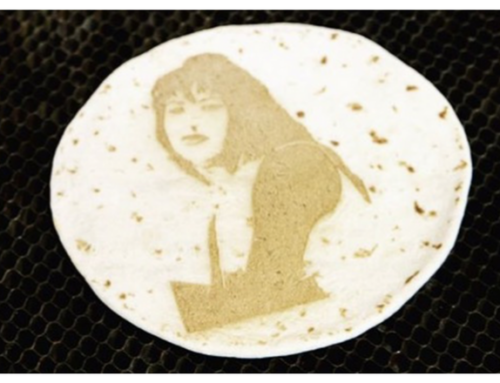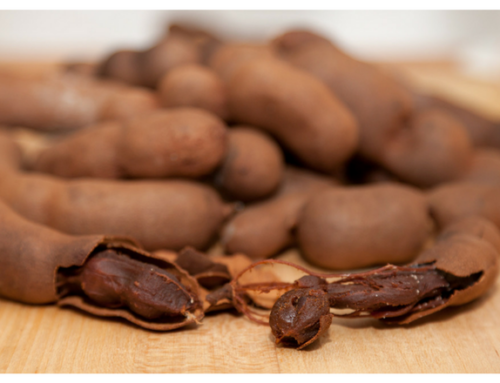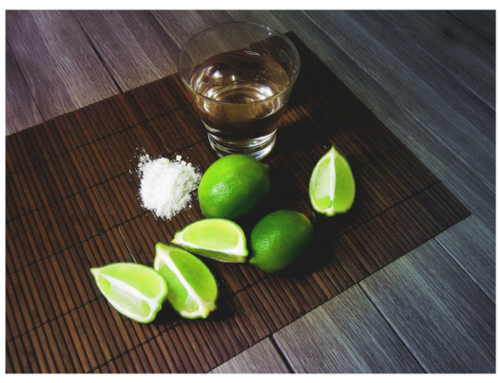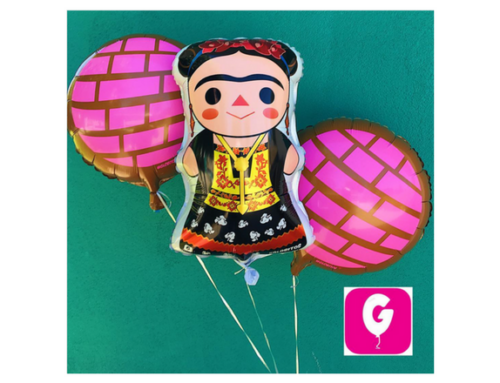“We put out our shoes and in the middle of the night the three kings come and put gifts in them … and maybe a chocolate,” says Mercedes Heide. Mercedes is a 9-year-old Argentine slightly obsessed with chocolate. She, her brother Felipe, and her sister Amalia, are telling me how they celebrate Three Kings Day in Argentina.
In the southern hemisphere, January 6th falls in the middle of the summer when the kids are out of school. The three Heides often spend the day in a kiddie pool on their back patio in Buenos Aires. Their parents get the day off and grandparents and cousins come by for a backyard barbeque and a little Rosca de Reyes – Three Kings Day traditional bread.
Though for those living outside Latin America, Three Kings Day, a holiday celebrated with such dedication throughout Latin America, Spain and Portugal, may be a mystery. The day celebrates the three wise men, or magi, and their pilgrimage following the star of David to Bethlehem, the site of Christ’s birth. The twelve days of Christmas, often thought to end on the 25th of December, actually begin on the 25th and end on the 6th. This twelve day period marks the journey of the three kings who came to the Christ child offering gifts of gold, frankincense, and myrrh.
Throughout Latin America, Three Kings Day rivals Christmas as the most important day for gift giving. Like the Heide kids, Latin children leave their shoes out on the eve, along with grass and water for the wise men’s camels — a cute twist on milk and cookies for Santa and his reindeer tradition. In the morning, assuming the children have been good all year, they will wake up to sweets and gifts. Of course, all Latin children try to stay up to catch a glimpse of the three kings, and anticipation builds through the dawn. The Heides are quick to remind me that Three Kings is a strictly kids-only holiday.
“Once you’re 15 you don’t get presents anymore,” says Amalia. Felips concurs. “Last year papá and mamá put out their shoes and the three kings left them potatoes … and a note saying they were too old.”
Next, celebrating Three Kings Day across Latin America and a must-try Rosca de Reyes recipe… [pagebreak]
South of Buenos Aires, in Sierra la Ventana, where the Heides’ grandparents have a summer home, three local firefighters dress up as the three kings and march into town giving gifts to kids along the way. Similar celebrations happen on a bigger scale in other Latin American countries like Puerto Rico. In Old San Juan, a festival takes place in the central Luis Muñoz Marín Park and includes live music, food, drinks, and gifts for kids. The three kings visit from Juana Diaz, their unofficial home in the southern part of the island. If you happen to be in Juana Diaz on the 6th, you can watch locals reenact the Nativity story or visit the Three Kings museum.
An important part of the day’s celebration across Latin America is the traditional dish: Rosca de Reyes, a sweet bread decorated with dried fruit and shaped like a wreath. In Mexico, tiny, plastic baby Jesus figurines are baked inside the cake and if you happen to bite into one it’s your duty to host the upcoming February 2nd Candelaria party with plenty of tamales and atole. In Mexico City, a huge Rosca de Reyes is sliced in the city’s zócalo or town center. Last year’s cake was 2,362 feet long and weighed over 20,000 pounds. Each piece is handed out with a glass of milk to the thousands of people that stop by to join the party.
In Brazil, natives celebrate the day by eating pomegranates, saving the first three seeds in their wallets, saving the second three for the bread box, and the third three to be thrown in the fire. This is an old Portuguese tradition to ensure wealth, food and warmth all year round.
These majority-Catholic countries all hold masses for Día de los Reyes, known religiously as the Epiphany, or the celebration of God manifested as man in the baby Jesus. Even though the holiday gets its fair share of commercialization, last year Disneyland had a three-day celebration that included Hispanic pop stars and Mickey and Minnie dressed up in traditional Latin costumes, it’s still not the buying frenzy of Christmas in the States. However, in South America, the Heide children aren’t at all concerned with the world’s understanding of their holiday. They’re just hoping for a few important gifts from the three wise men, and of course, Mercedes is hoping for some chocolate.
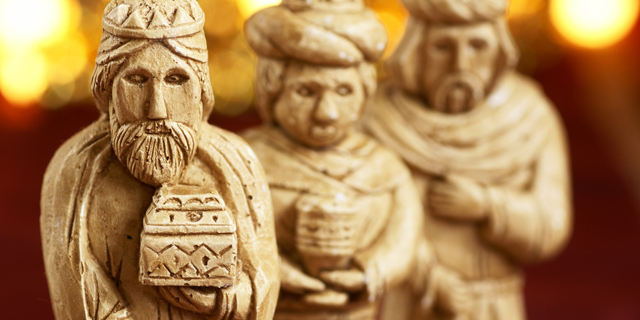

![Making Mealtime Matter with La Familia: Easy Sofrito [Video]](https://thelatinkitchen.com/wp-content/uploads/2015/10/sofrito-shutterstock__0-500x383.jpg)
![Easy Latin Smoothies: Goji Berry Smoothie [Video]](https://thelatinkitchen.com/wp-content/uploads/2015/12/goji_berry-shutterstock_-500x383.jpg)
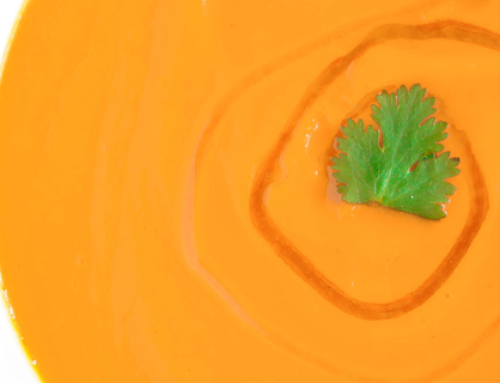

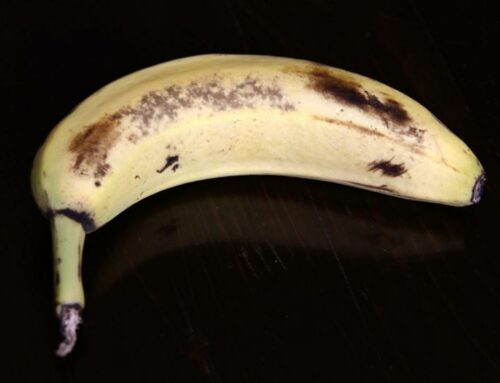


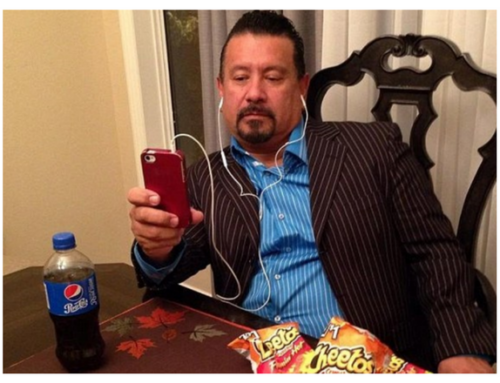
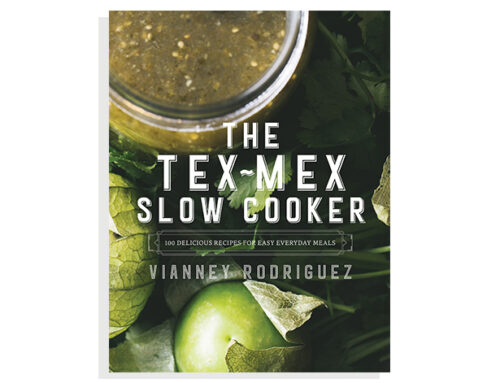
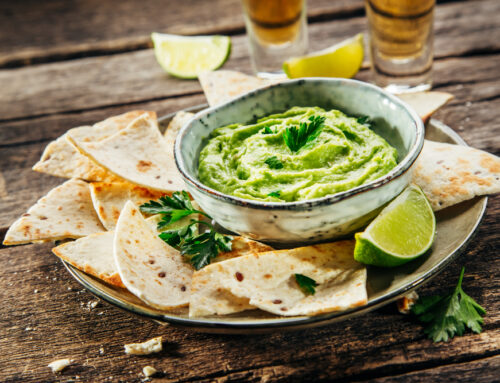

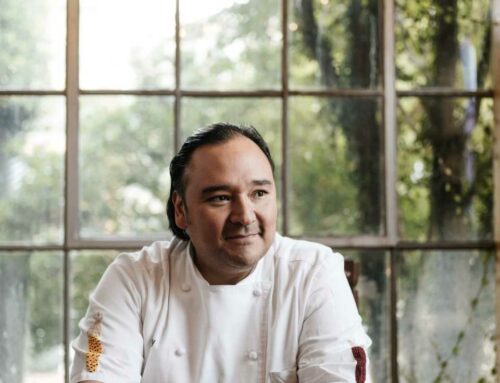
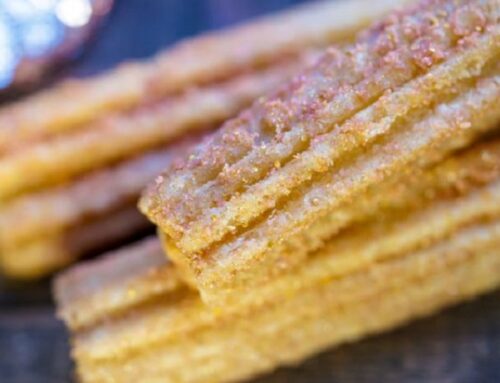
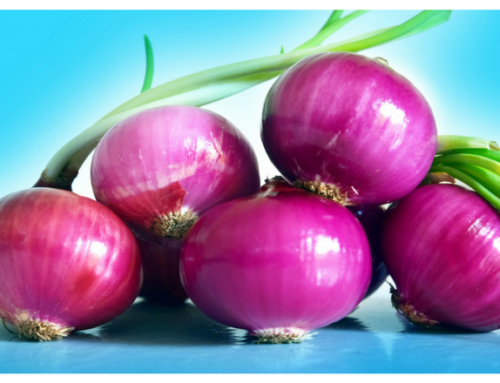




![Fun and Fast Recipes: Fiesta Cabbage Salad [Video]](https://thelatinkitchen.com/wp-content/uploads/2015/11/fiesta_cabbage_slaw-shutterstock_-500x383.jpg)
